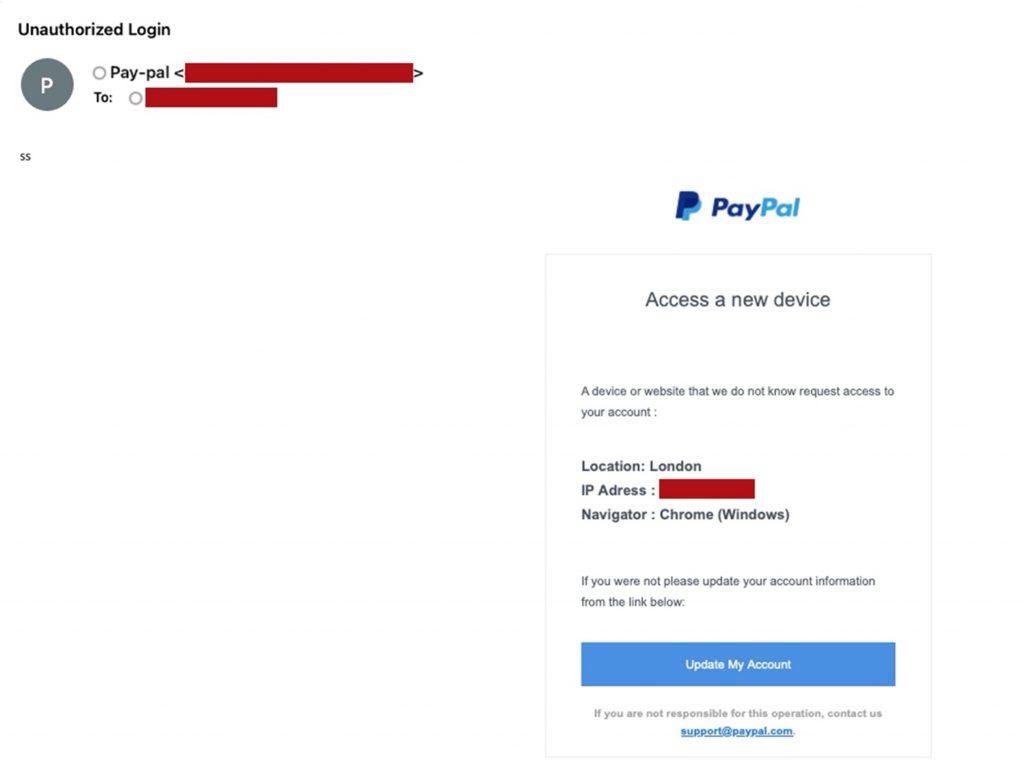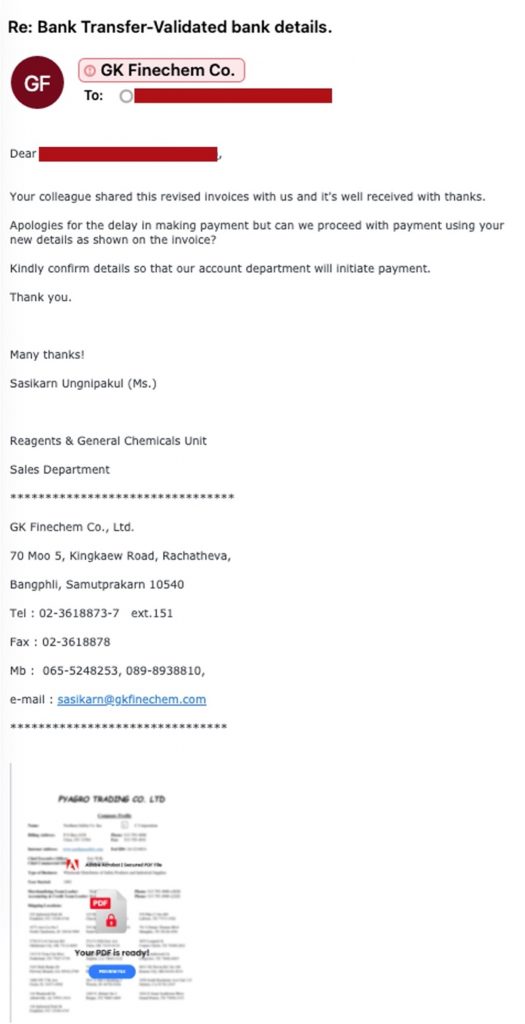This week, we’ve found lots of phishing scams in which scammers are impersonating trusted brands, including fake crypto websites (Bufetex and Haeterbit), PayPal, and MORE. Would you have been able to spot all these scams?
Scam crypto websites (Bufetex/Haeterbit)
Are you looking to invest in cryptocurrency? If you are, be cautious! Scammers are continuously creating fake crypto websites to trick people. If you’re thinking about investing money on a crypto platform, please be cautious and carefully verify its legitimacy. Recently we found two distinct suspicious crypto websites that look alike, and based on our review, these sites are scams!


Popular crypto scam websites:
- Bufetex[.]com
- Haeterbit[.]com
These fake sites may refuse withdrawal unless you invest more money. Using them can also lead to identity theft — by stealing all your personal information, including the password and recovery phrase of your crypto wallet, as well as your financial details!
Avoid Scam Sites for FREE
The truth is, there are lots of scams and scam sites on the internet and they’re getting harder to detect. For an easy and reliable method of detecting and avoiding scam sites, check out our free browser extension (Trend Micro ID Protection) and free mobile app (ScamCheck).
Both ID Protection and ScamCheck can protect you against scams, phishing links, risky websites, and lots more! If you come across something dangerous online, you’ll be alerted in real time so you’ll know to stay well clear
Phishing Scams
Besides fake crypto pages, scammers also use phishing links to deceive people. Impersonating trusted brands, they send text messages and emails containing phishing links, attempting to entice you to click under various pretenses.
Why do they do this? These links lead to phishing sites designed to record your PII, such as your email address, credit card number, and Social Security number. With access to credentials like these, scammers can drain your bank account, steal your identity, or commit any number of other crimes. Below are some examples.
Fake PayPal Security Alerts
We’ve reported on all kinds of PayPal scams before. This week, scammers have been sending fake security alert emails to try to convince you that you need to update your account to block unknown PayPal login attempts:

The “Update My Account” button will take you to a fake PayPal login page. If you were to fall for the scam, scammers could steal your login credentials and thus access your PayPal account. Don’t let that happen!
Fake Invoices
In other cases, scammers may send you random invoices to try to confuse you into clicking. Below is an example in which scammers pose as GK Finechem, a chemical manufacturer based in Thailand.

Such invoices can be malicious and end up stealing your PII or infecting your device. Don’t click!
Tips to Stay Safe Online
- Double-check the sender’s mobile number and email address. Even if it seems legitimate, think twice before you take any action.
- Never click on dubious links or attachments! Only go to official websites and apps to make purchases, update information, or track a package’s status.
- If you’ve accidentally revealed your PII somewhere, change your passwords immediately and inform your bank and/or other companies that scammers may contact them pretending to be you.
- Check if any of your PII has been leaked and secure your social media accounts using Trend Micro ID Protection.
- Finally, add an extra layer of protection to your devices with Trend Micro Maximum Security. Its Web Threat Protection, Ransomware Protection, Anti-phishing, and Anti-spam Protection will help you combat scams and cyberattacks.
If you’ve found this article an interesting and/or helpful read, please SHARE it with friends and family to help keep the online community secure and protected. Also, please consider leaving a comment or LIKE below.
